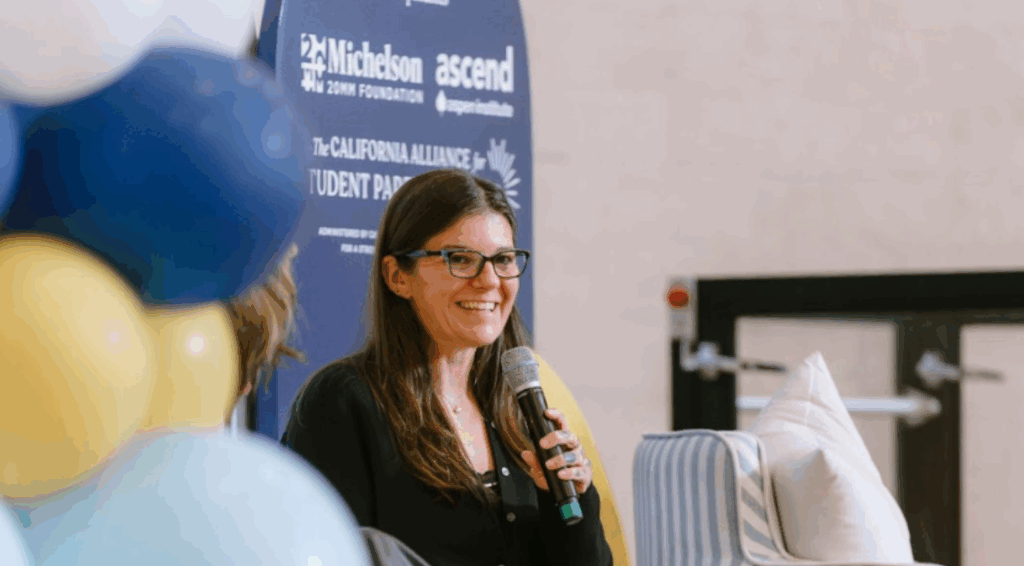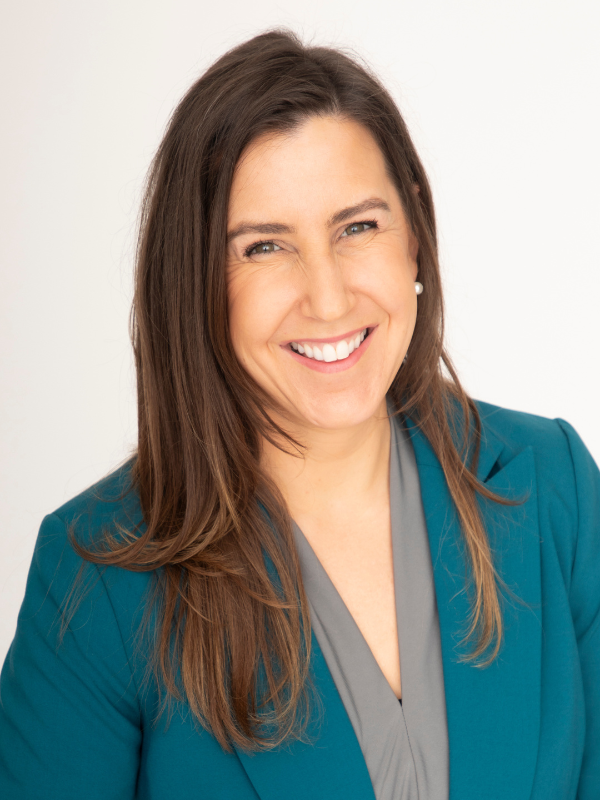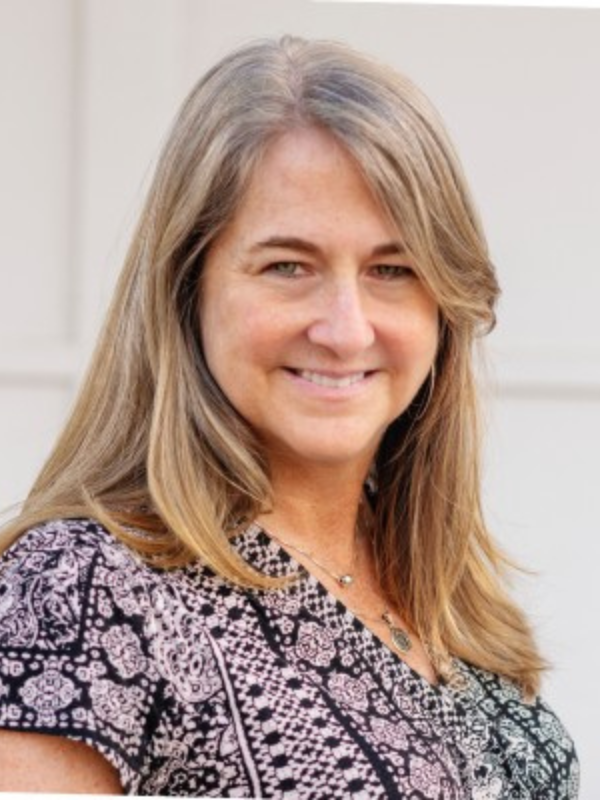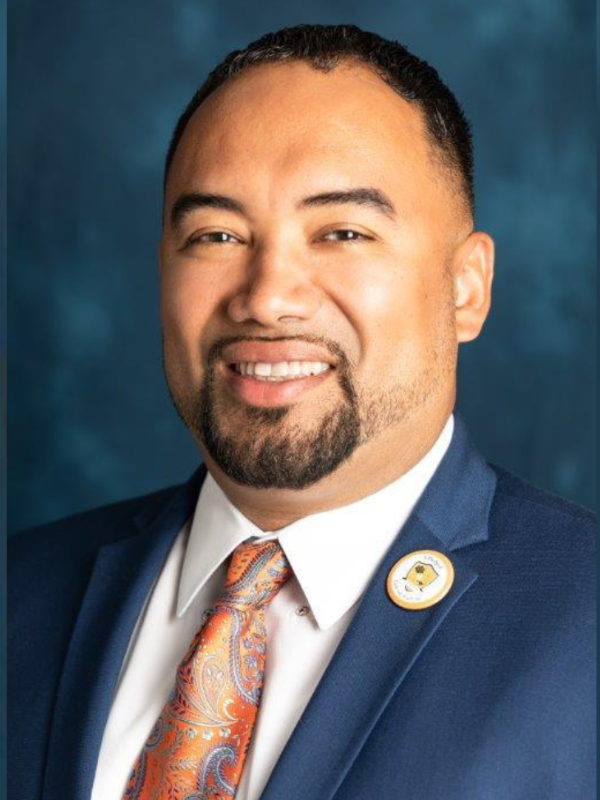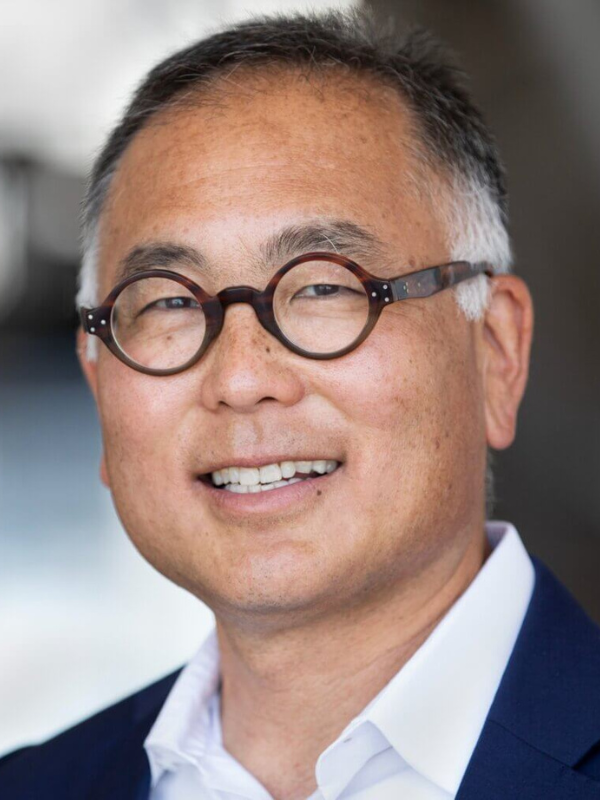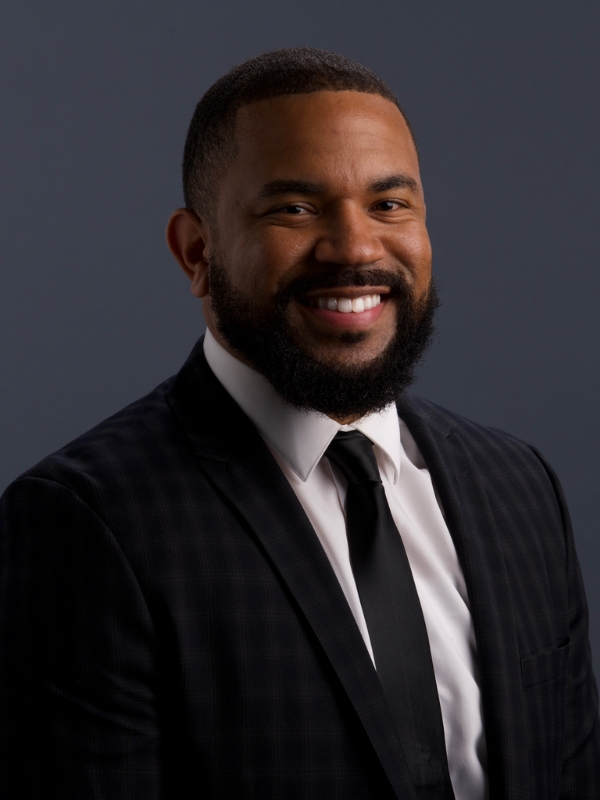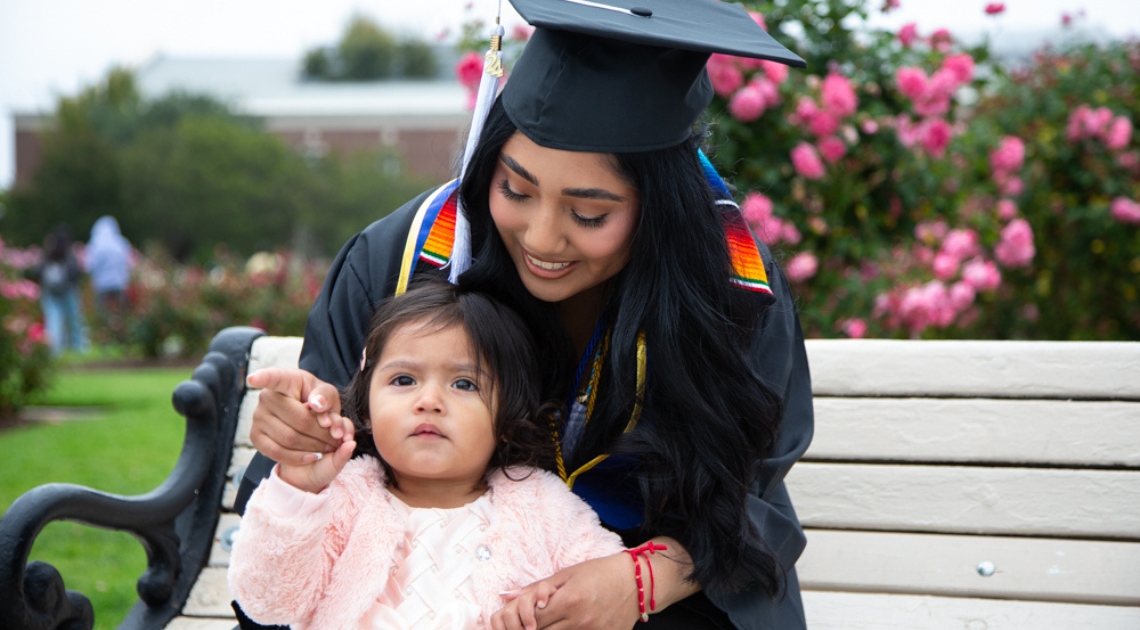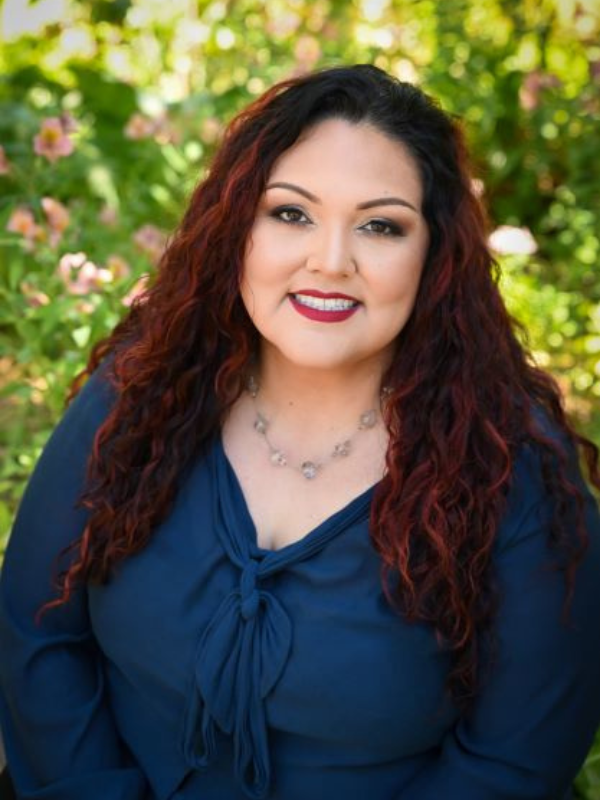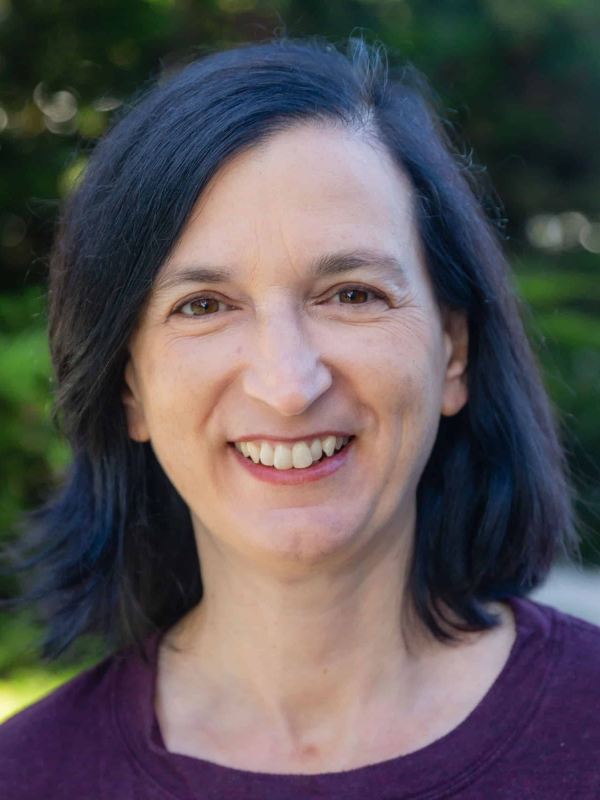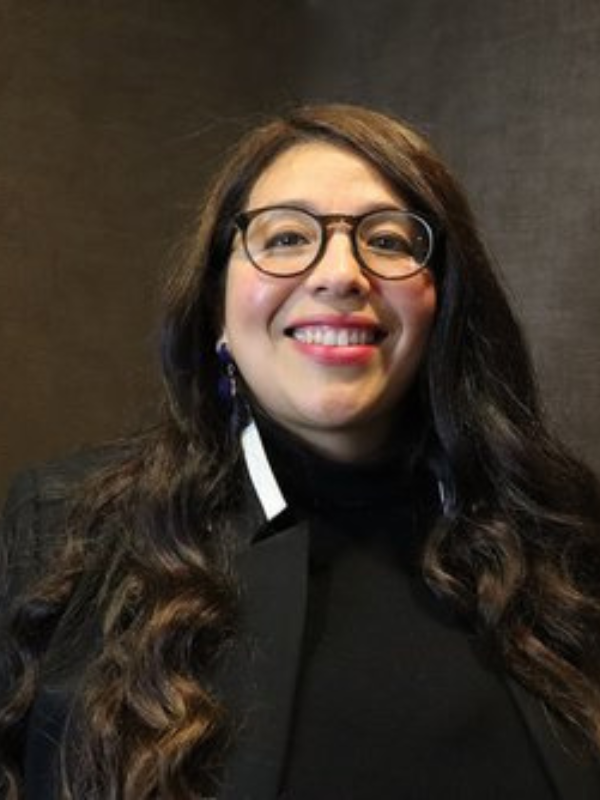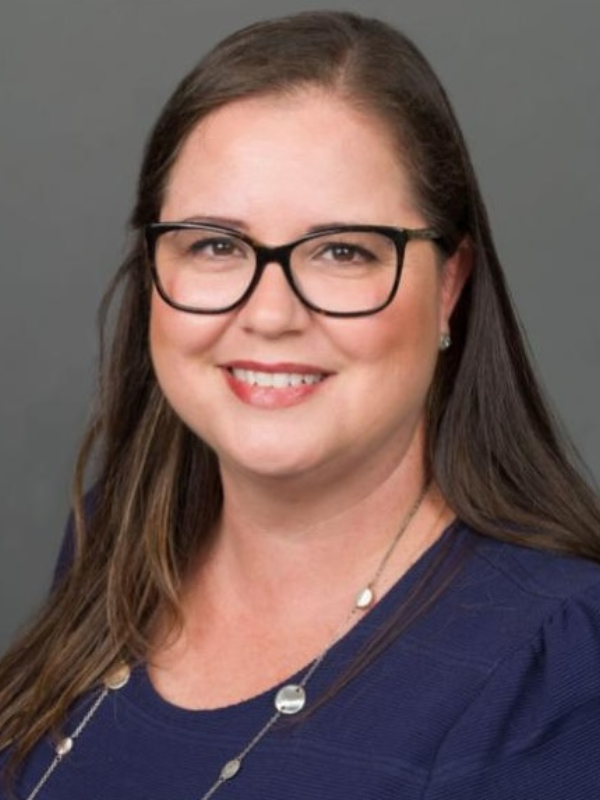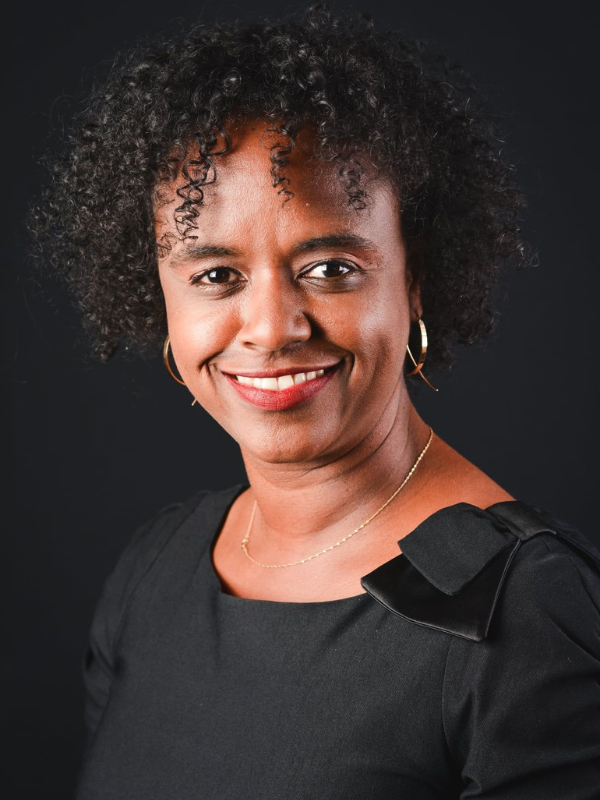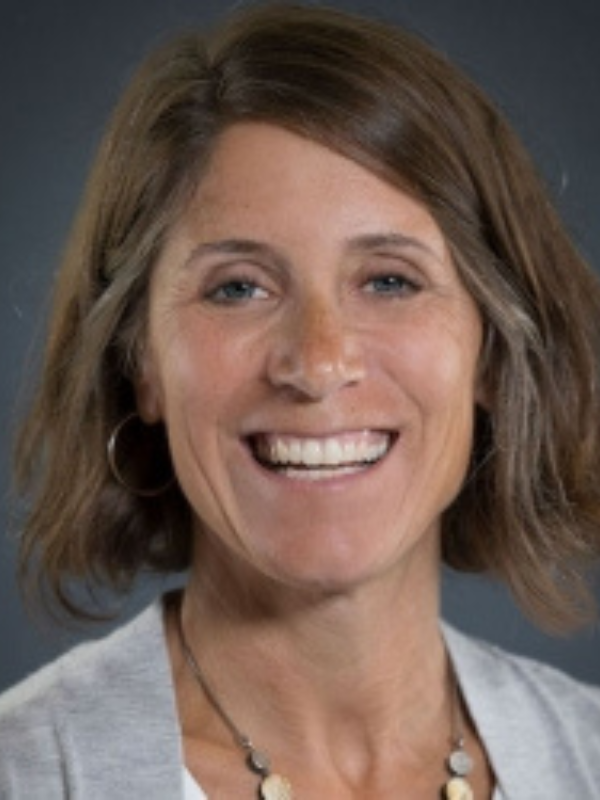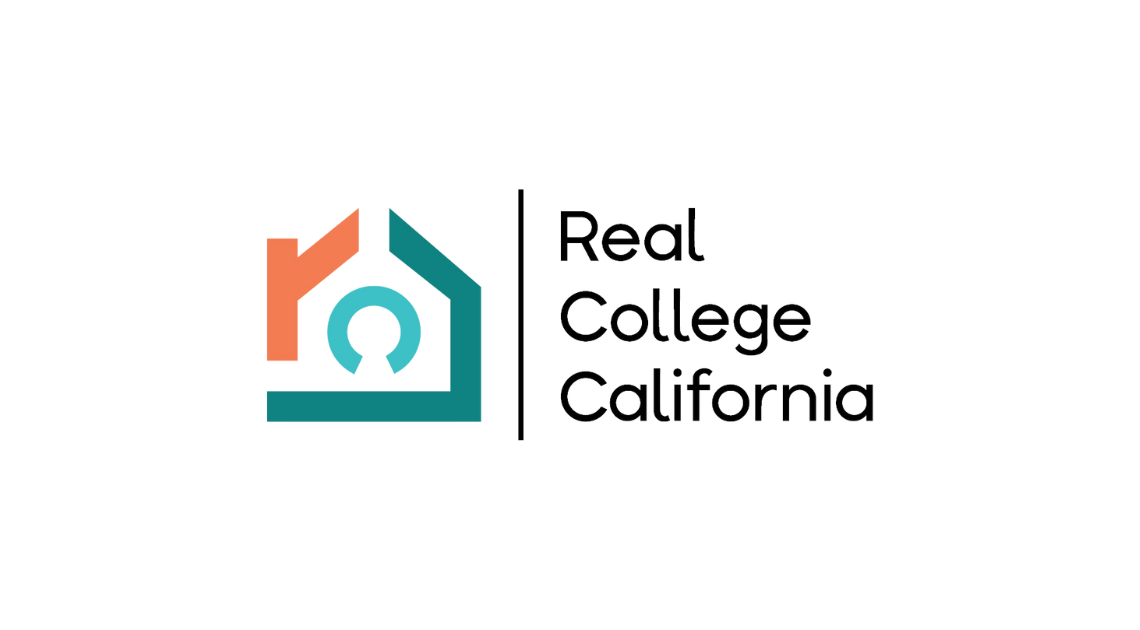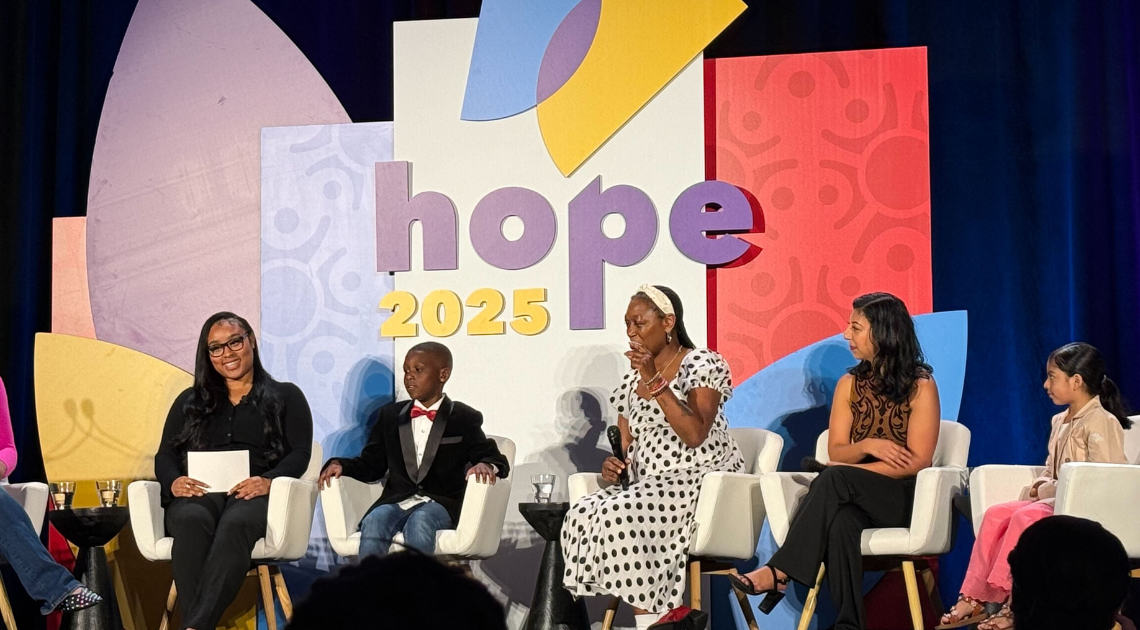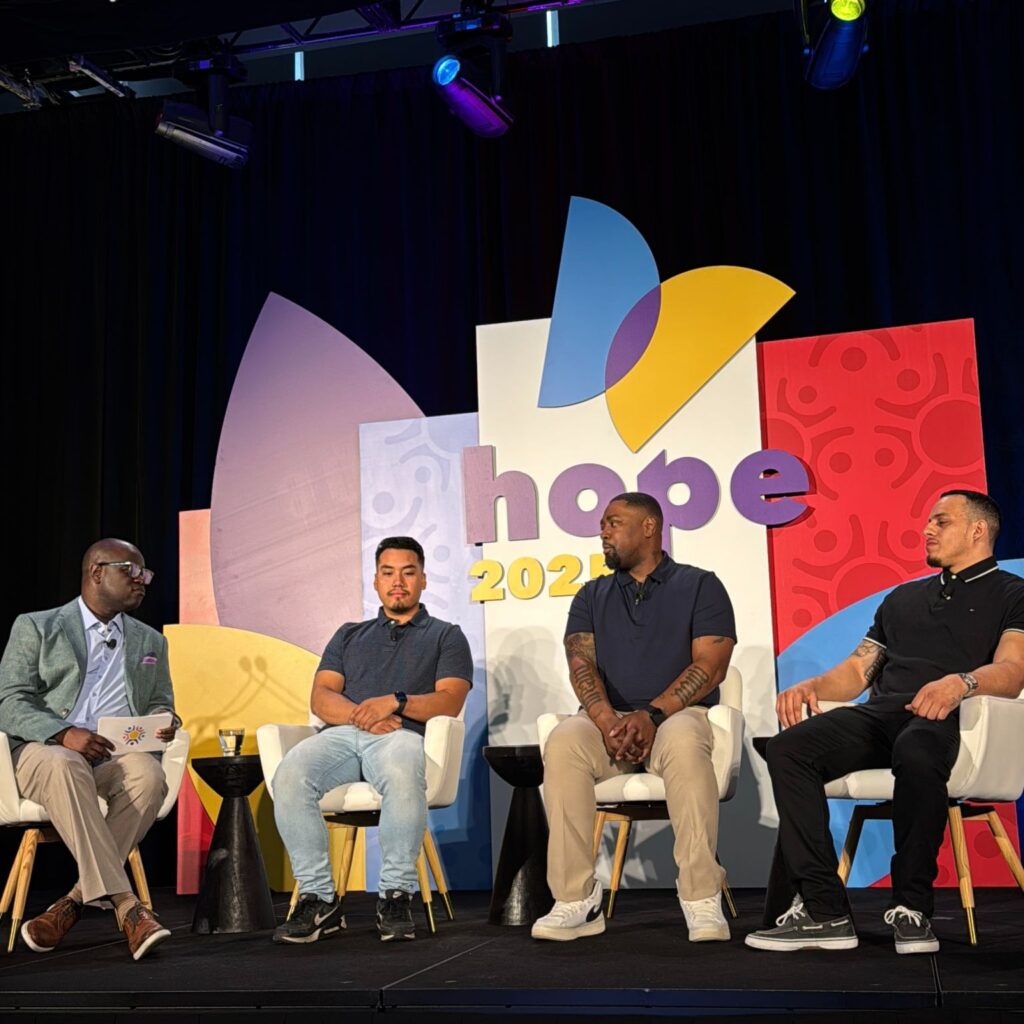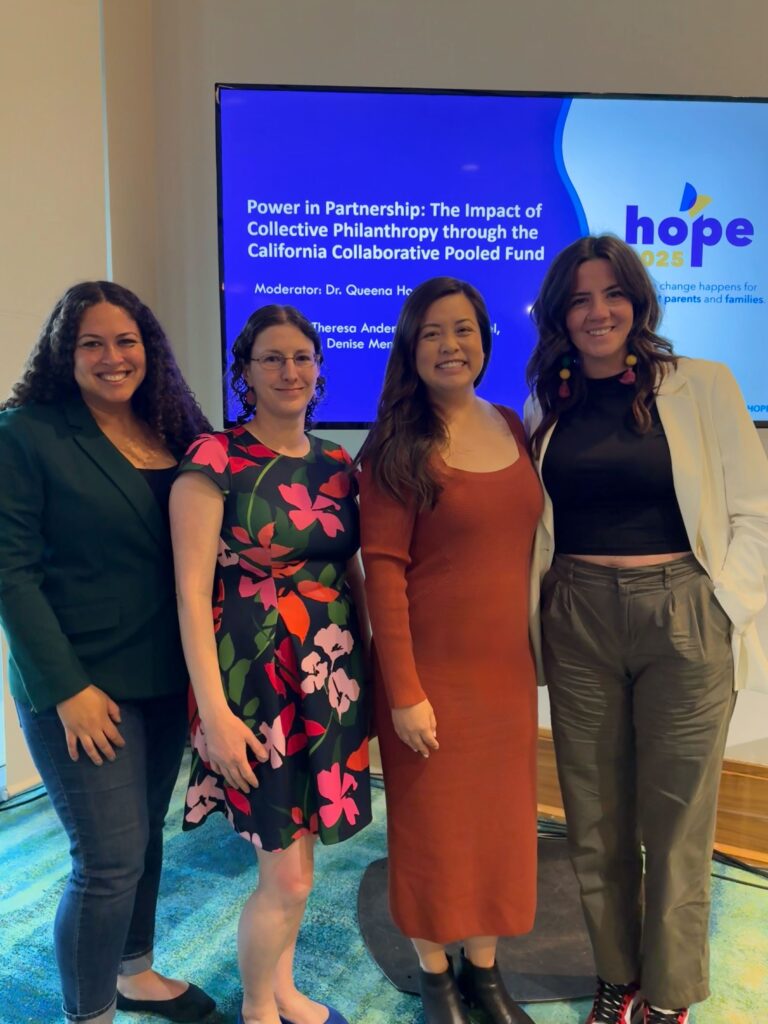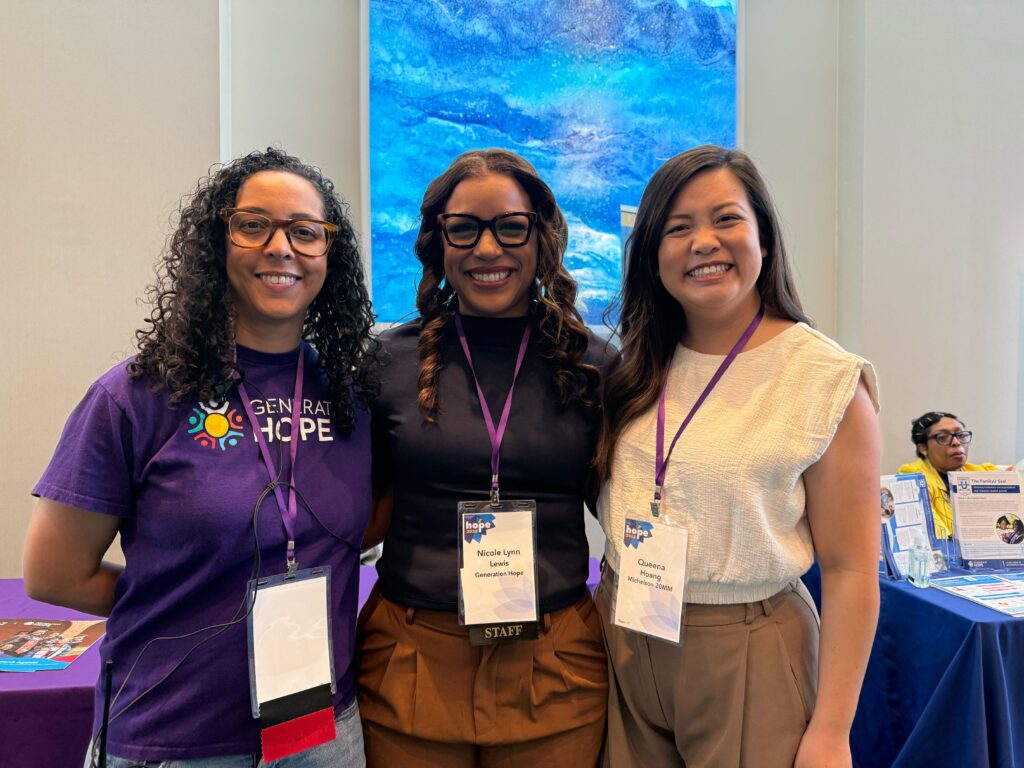In California, nearly half of community-college students report food insecurity and approximately three out of five students struggle with housing instability. When students face unstable housing or skip meals, their academic focus and completion rates suffer. Systems that integrate policy, benefits, and housing supports help students build stability. Through the 2025 Student Basic Needs Spark Grants funding cycle, we’re seeking to make student basic needs supports sustainable.
The Student Basic Needs funding cycle will be open for proposals from December 1st to December 15th, 2025. Through it, we seek to fund macro-level projects that support systems-level strategies, creating impact at scale and informing public policy. The vision for the Spark Grant Program is to introduce an innovative just-in-time grantmaking process to fill urgent needs for higher education organizations that are well-aligned with our focus areas.
The Michelson 20MM Student Basic Needs Initiative works to remove barriers that prevent students from thriving in higher education by addressing housing, food, and financial insecurity. Grounded in student voice and lived experience, the initiative advances systems change through research, advocacy, and collaboration. We focus on sustainable, scalable solutions to ensure every student has the stability needed to graduate and achieve long-term economic mobility.
Funding Cycle Focus Areas
We are interested in supporting projects that advance:
- Systemic approaches and actionable strategies for higher education systems to address student housing and food insecurity. These can include but aren’t limited to:
- Implementing and integrating policies, such as AB 79 (Basic Needs Implementation and Data Coordination) and similar legislation addressing student housing, food security, and financial stability.
- Innovative approaches that facilitate the transfer of public benefits, housing supports, and other resources when students move between institutions.
- Innovative and scalable financing and partnership models that address student housing and food insecurity
- Policy advocacy efforts that systematically address housing and food insecurity
- Innovative approaches that strengthen equitable economic mobility and long-term student stability. These can include but aren’t limited to:
- Expanding workforce development pipelines that promote economic mobility for low-income and first-generation students (including those that strategically leverage work study)
- Supporting post-graduation housing and employment transition programs that extend basic needs support beyond college completion
- Models that move basic needs operations from grant-based to sustainable, institutionalized systems with skilled, permanent staff (including innovative approaches that mitigate the impact of recent federal policy shifts)
- Policy advocacy efforts that strengthen economic mobility and long-term student stability
- Innovative and scalable financing and partnership models that strengthen economic mobility and long-term student stability
- Systematic approaches that address basic needs insecurity via innovative Emergency Student Aid models. These can include but aren’t limited to:
- Evaluating and scaling emergency aid and direct financial assistance programs to assess and ensure their long-term impact on retention, degree completion, and post-graduation stability
- Scalable Strategies to Support Students Ineligible for State or Federal Aid
- Innovative financing and partnership models that help scale and sustain emergency student aid
- Policy advocacy efforts that systematically address emergency student aid
Funding Cycle Details
- We will be awarding grants up to $25,000 to nonprofits and educational institutions looking for support of projects that align with one of the focus areas outlined above. Please note your project must address at least one of our focus areas in order to be considered.
- We welcome proposals where Michelson Spark Grant funds are part of a larger overall project with multiple funding streams.
- The Spark Grant Program is available to United States–based nonprofits and educational institutions. For this round, we have decided to focus our impact on organizations that are doing work in California. Organizations whose work does not impact California will be ineligible for this opportunity.
Join Us to Learn More
On November 20th, members of the grant committee will host an informational webinar, which will provide an in-depth overview of the Spark Grants Program, highlight past awardees, and provide detailed updates on the funding cycle.
About the Michelson 20MM Foundation
Michelson 20MM is a private, nonprofit foundation working toward equity for underserved and historically underrepresented communities by expanding access to educational and employment opportunities, increasing affordability of educational programs, and ensuring the necessary supports are in place for individuals to thrive. To do so, we work in the following verticals: Digital Equity, Intellectual Property, Smart Justice, Student Basic Needs, and Open Educational Resources (OER). Co-chaired and funded by Alya and Gary Michelson, Michelson 20MM is part of the Michelson Philanthropies network of foundations.
To sign up for our newsletter, click here.


